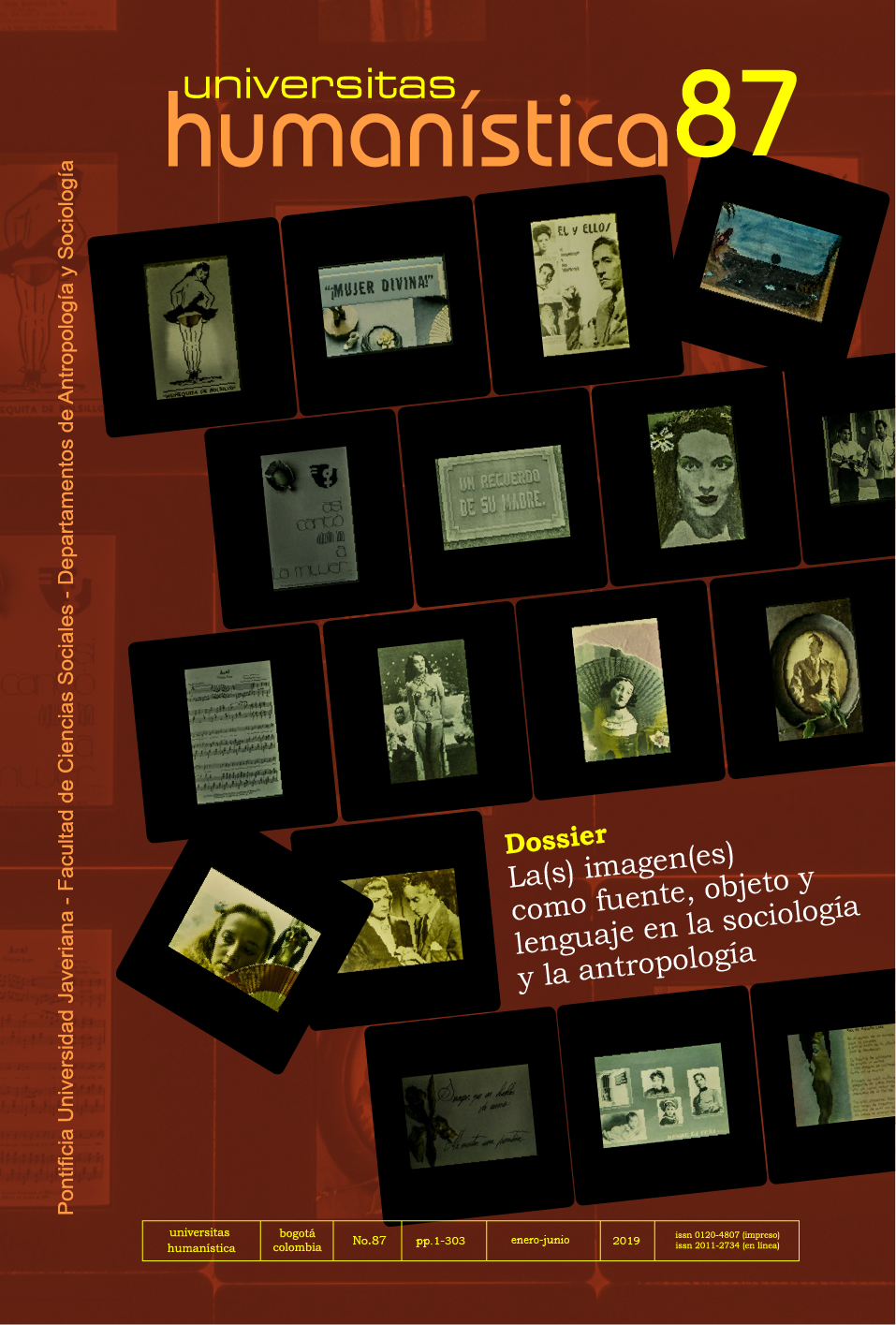Abstract
Both the environmental and cultural setting have become crucial elements in expressing and defining a wine in the international market. Located in the center-west of Argentina, Valle de Uco has become the epicenter of wine production in majestic landscapes. The growth of winemaking, European immigration
and control over water are now elements of its provincial identity. This article focuses on the study of four winemaking and wine tourism ventures where I analyze the articulation between the different materialities that emerge from the landscapes promoted on these websites and experienced by the visitors
of the vineyards. The concepts of landscape, water landscapes and the paradigms of nature-culture are central in our discussion. Finally, it is concluded that due to the configuration of environments that articulate mountains, vineyards, native flora, architectural design and ethnic logos, a new criteria of space occupation and a new relation between its inhabitants are established and validated, nevertheless in generic, underestimated and controlled terms that leave out the local population.

This journal provides immediate open access to its content on the principle that making research freely available to the public, encourages greater global exchange of knowledge.
The journal Universitas Humanística is registered under a Creative Commons Attribution 4.0 International Public License. Thus, this work may be reproduced, distributed, and publicly shared in digital format, as long as the names of the authors and Pontificia Universidad Javeriana are acknowledged. Others are allowed to quote, adapt, transform, auto-archive, republish, and create based on this material, for any purpose (even commercial ones), provided the authorship is duly acknowledged, a link to the original work is provided, and it is specified if changes have been made. Pontificia Universidad Javeriana does not hold the rights of published works and the authors are solely responsible for the contents of their works; they keep the moral, intellectual, privacy, and publicity rights.
Approving the intervention of the work (review, copy-editing, translation, layout) and the following outreach, are granted through an use license and not through an assignment of rights. This means the journal and Pontificia Universidad Javeriana cannot be held responsible for any ethical malpractice by the authors. As a consequence of the protection granted by the use license, the journal is not required to publish recantations or modify information already published, unless the errata stems from the editorial management process. Publishing contents in this journal does not generate royalties for contributors.


